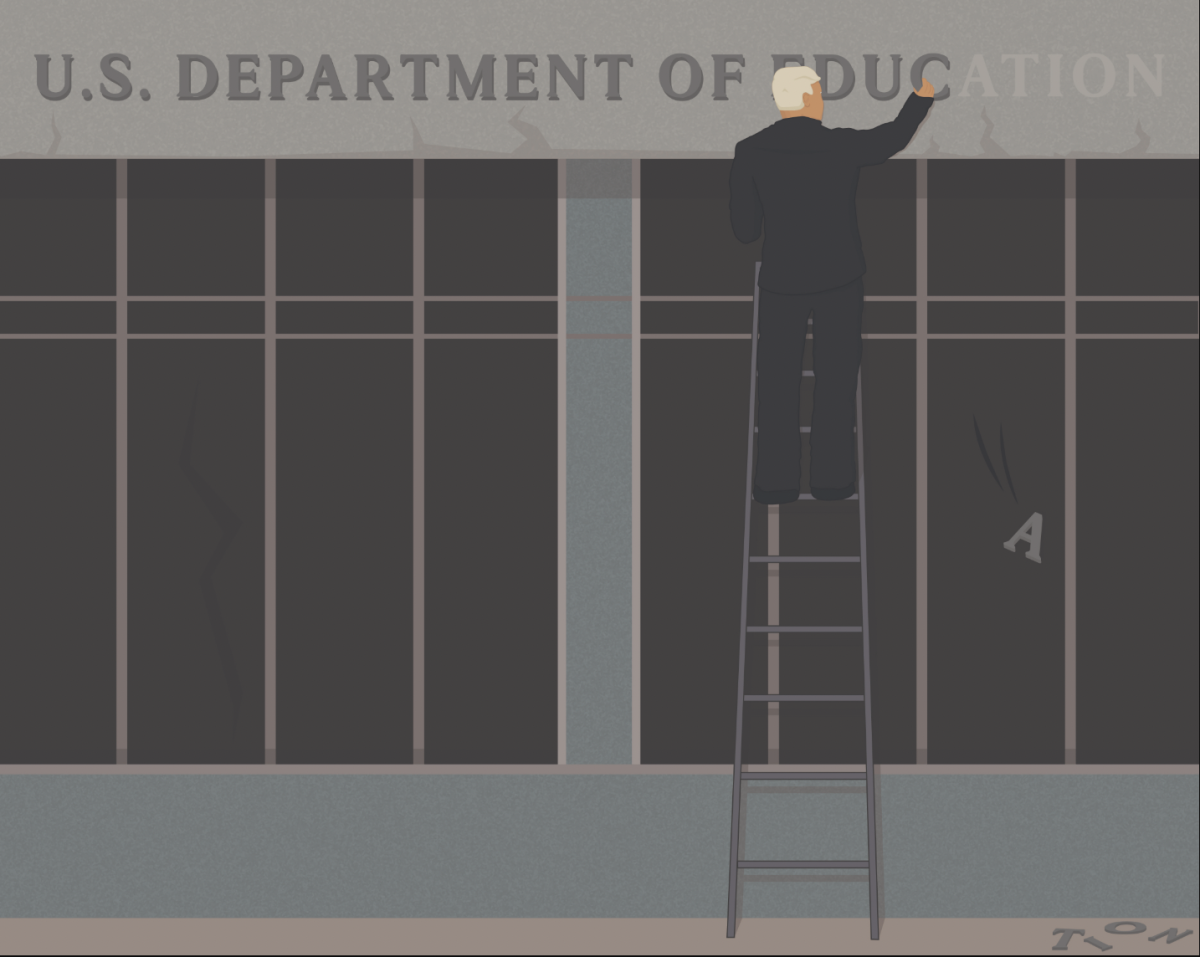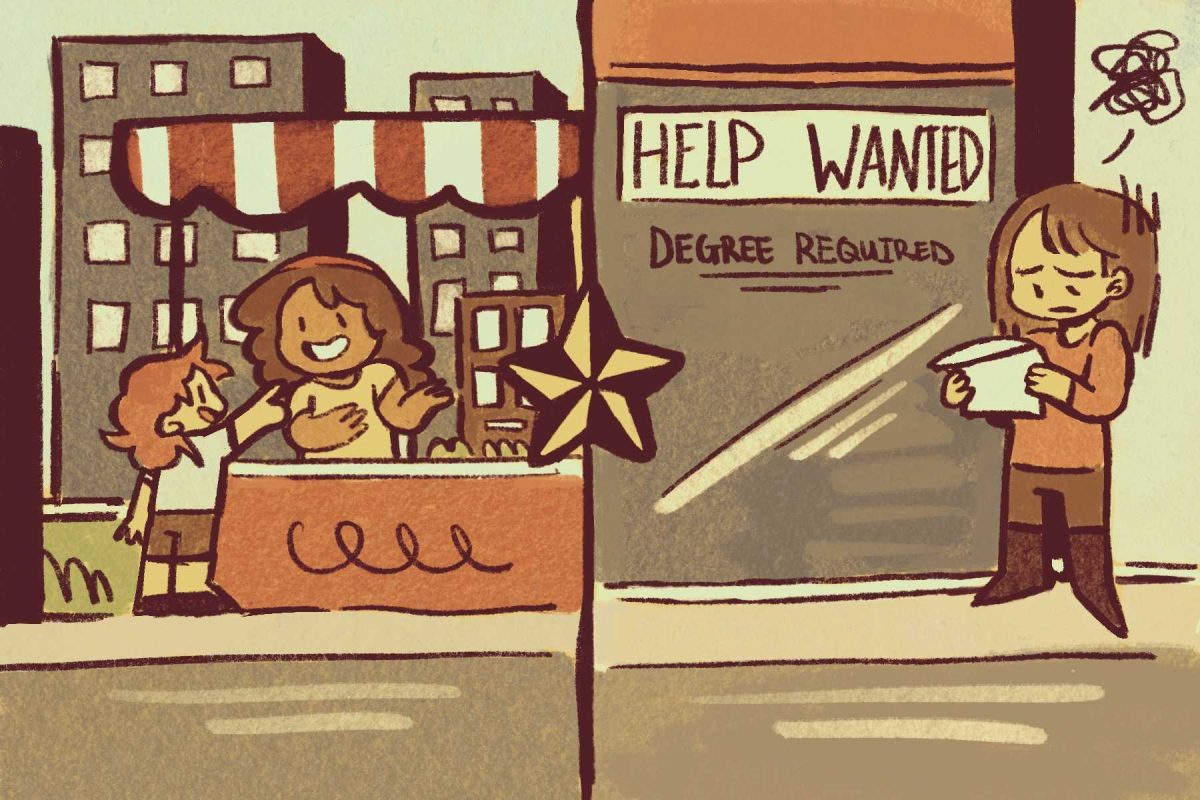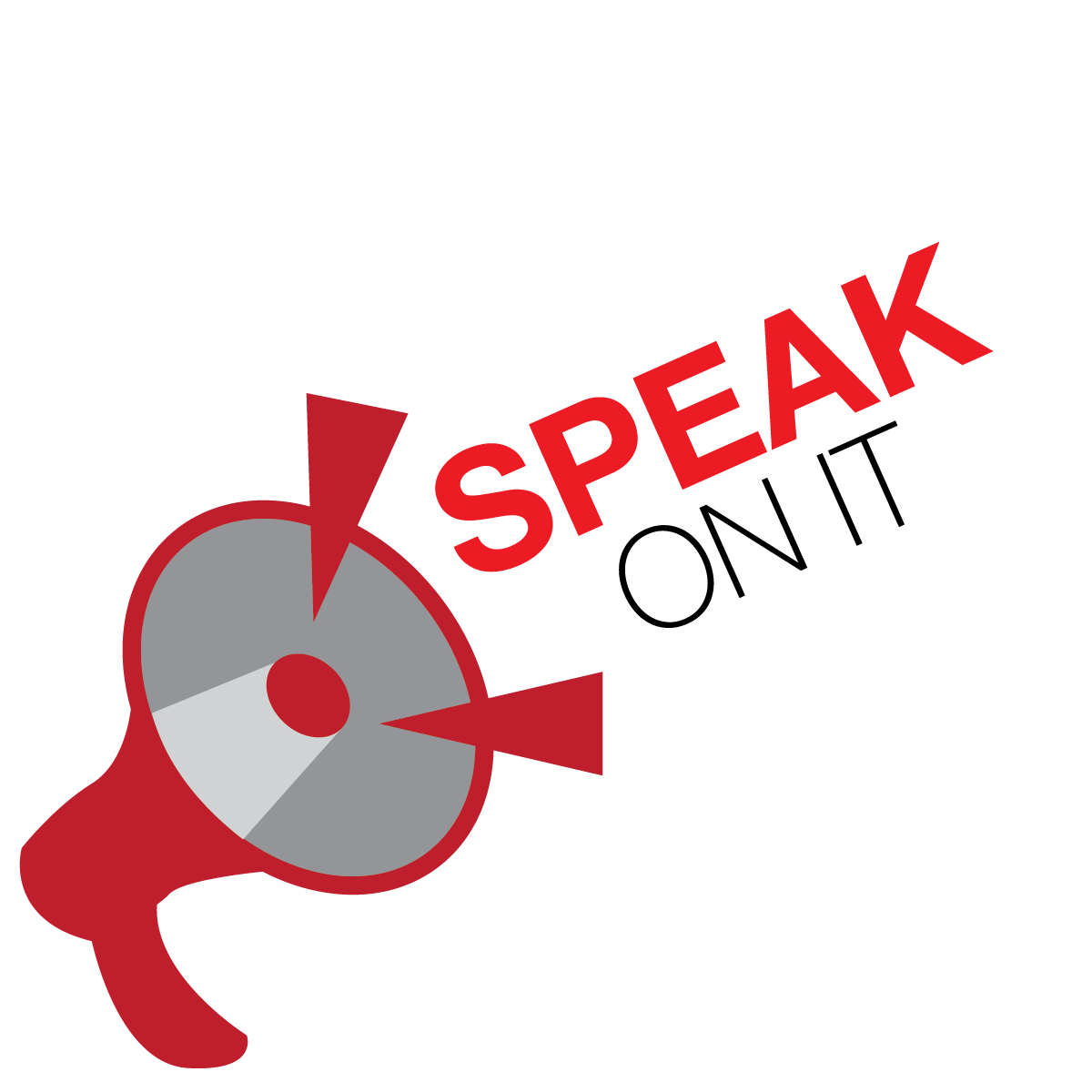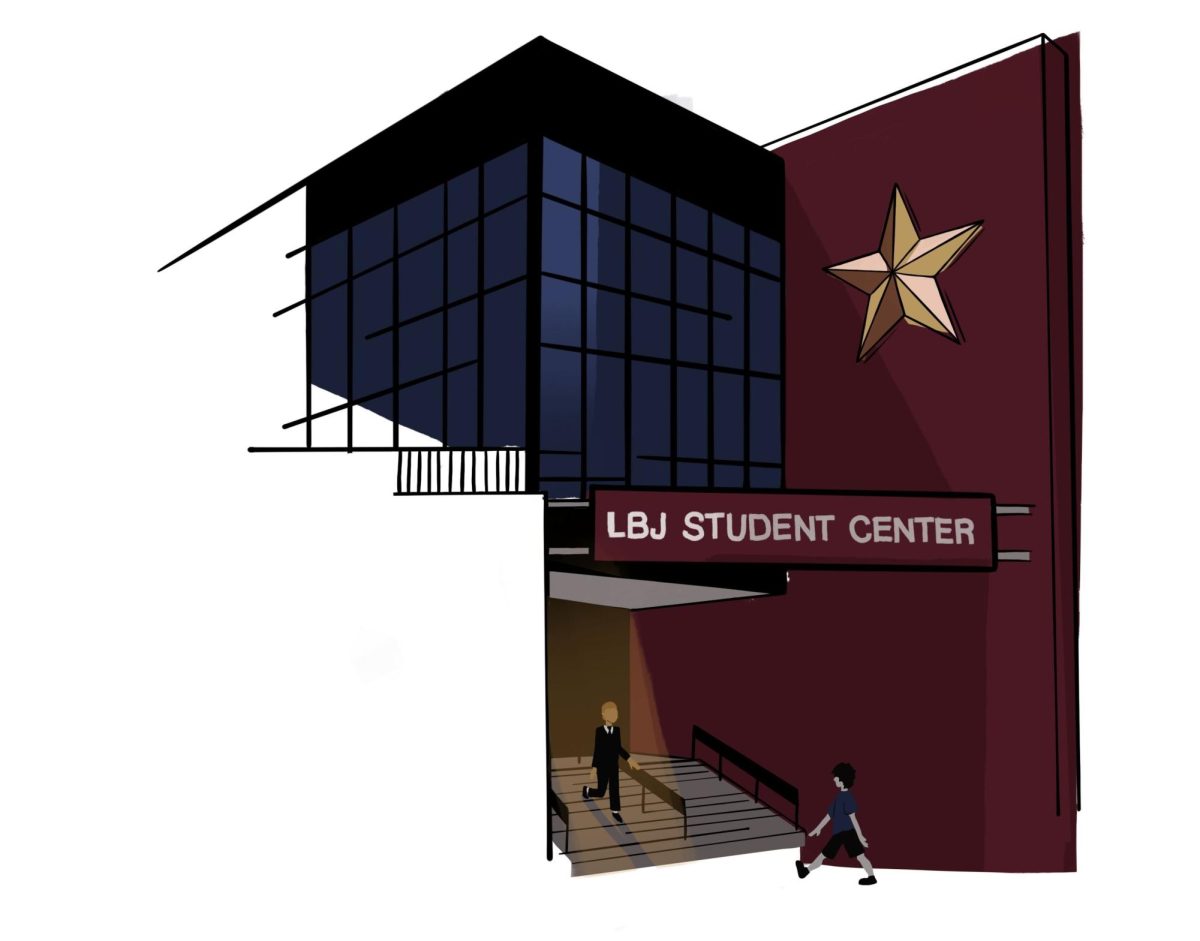By Gene Brown
I grew up feeling different and I always told people were going to accept me, but it was always because of my sexuality, never my race.
Last week, I attended a work event, which meant I had a media pass for priority seating of different panels. I sat waiting in the media reserved section for the third panel to start. I was highly interested in this panel in particular because it was titled “A Hate Supreme” and would focus on how racism is still an issue in society.
The group of speakers began and twenty minutes in, a woman walked in with two police officers and it made me feel uneasy. I had all these thoughts running through my head. Where is the nearest exit? Do I run? Do I hide on the floor? What am I going to tell my mom?
One of the police officers came up to me and whispered, as the panel was still going on, “Excuse me, sir, can we please see you outside in the lobby? You can come back to your seat after.”
I stand up and the two officers escorted me out of the panel from where I was sitting, which was near the front. Everyone in the room saw the way I exited.
Once in the lobby, I was told a volunteer thought they saw something suspicious in my pockets and reported it. The officers asked me if they could search my pockets; I complied and with the doors wide open, the policemen proceeded to take out the three things in my pockets: my phone, wallet and charger. I was mortified.
Finding nothing but those three items, the officers said I was “all good” and apologized. I was face-to-face with three event coordinators—all white women—telling me how sorry they were this had happened; it was just protocol. I was so angry and upset, I couldn’t believe this happened to me. However, I stayed calm and told the three of them how unacceptable and rude such behavior was.
Regardless, the women would keep interrupting me with apologies and sad looks as if I was an upset child. I looked at them and said, “If I looked any different, this would not be happening right now.”
I was not shouting or raising my voice, but I was visibly upset. The coordinators told me I had it all wrong and what occurred was just protocol, again. They take concerns seriously, given, “all that has been happening.”
I informed them how I am from El Paso, where a mass shooting happened— in case they were unaware. I know what it is like to have extra security around, but this was ridiculous.
One of the coordinators began to grow irritated with me; she asked how they could have handled the situation differently and what needs to be done for next time. I was so taken aback, this whole scenario should not have happened to begin with. Let’s face it, I was not the only man in that room with a phone, charger and wallet in their pockets.
Due to my height, size, tattoos and skin color, I felt singled out. The people repeatedly telling me “sorry” did not look like me. Those three women and police officers will never have to feel how I felt in that moment. There was no one representing me or standing up for me. The whole situation made me feel horrible.
I constantly thought the fact I am gay and wear makeup would be the reasons for discrimination against me, because at the end of the day, I could assimilate. I could stop wearing makeup and appear like a straight man. However, I can never change my skin color or heritage. I didn’t feel accepted being me, in a way I cannot control. That sucked.
I don’t want to blame the event, or even the people involved. The CEO of the company hosting the panels personally called me and told me he was sorry for what I experienced. He came off so genuine, I believed him. In the end, the event and coordinators were not at fault. This is the way people still think in 2019.
Now, I do not want to sound like a victim and I don’t want this to be a “woe is me” thing, because it’s not. This happens all the time to people in far worse situations.
The El Paso shooting has been called the deadliest hate crime against Hispanic and Latinx people. A white man killed 22 people from my hometown—people like me—because his goal was, “to kill as many Mexicans as possible.” Yet, people of color are the ones singled out for looking “suspicious.” This is truly heartbreaking.
I understand the individual who reported me at the panel thought they were doing the right thing. See something, say something. But why did no one else have their pockets searched? Why was I the only one escorted out of the event while it was going on? This whole thing shouldn’t have happened the way it went down. The officers could have searched me before the panel started, not during. They could have waited until after, even. They definitely did not have to make me feel the way they did.
I believe everything happens for a reason. I’m fortunate enough to have a director who took this situation seriously, believed me, saw it was a problem and let me get my story out there. I am so appreciative to the people who are letting me have a voice for everyone who does not and for those who feel wrongly profiled everyday.
Your sexuality does not define you; your tattoos do not define you; your skin color does not define you. You define you.
Gene Brown is the assistant news director for KTSW-FM 89.9
Categories:
Race does not define me
November 5, 2019

uStarlogo
0
Donate to The University Star
Your donation will support the student journalists of Texas State University. Your contribution will allow us to purchase equipment and cover our annual website hosting costs.
More to Discover











